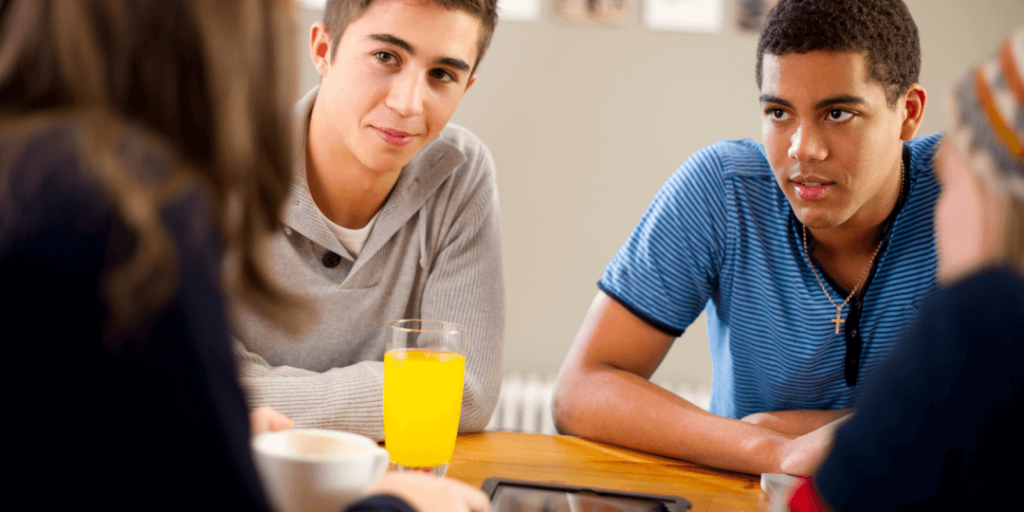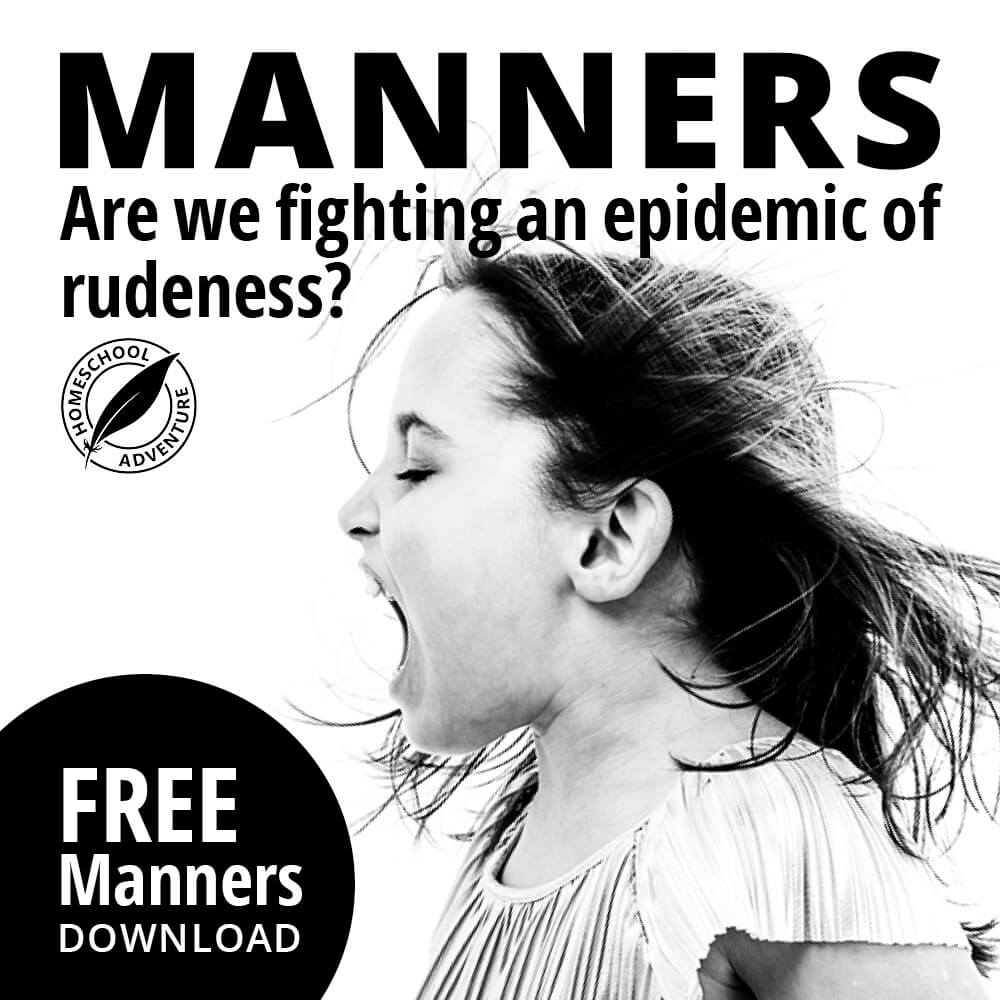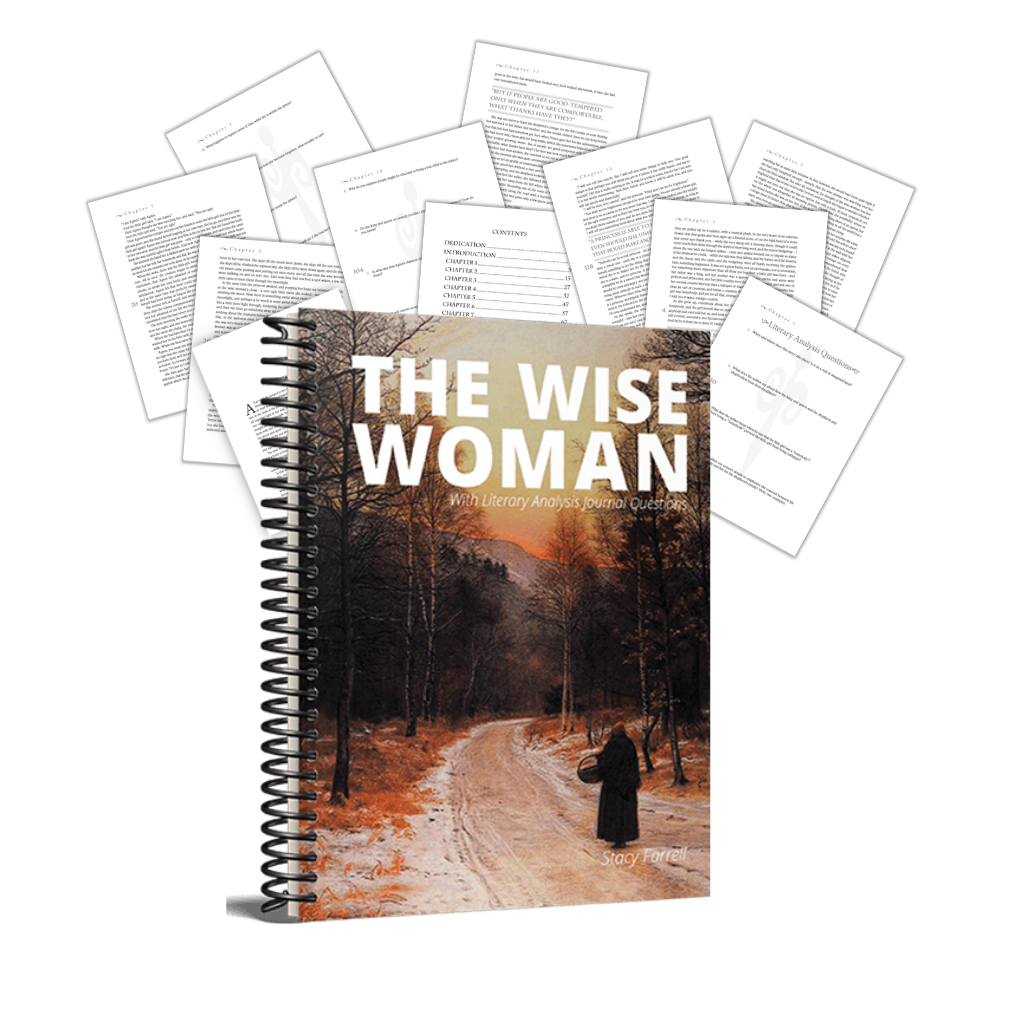While we all hope our children grow into responsible adults, your kids may not even know what that means.
Being a somewhat intangible topic, responsibility can be hard to clearly identify and grasp.
Discussion questions can help bring clarity to the conversation.
10 Thought-Provoking Questions About Personal Responsibility for Students
To help your children understand exactly what’s involved in becoming more responsible, we’ve developed 10 responsibility questions for elementary and high school students.
These discussion questions allow you to open a dialogue with your student and communicate expectations more clearly.
Instead of a lecture (that’s easily tuned out), a back-and-forth discussion and some role playing can be used to teach students responsibility more effectively.
That way, they won’t just hear you—they’ll actually listen, understand, and retain what they learned.
Need a way to easily review character traits like responsibility? Download our free manners chart below:
Also, feel free to hop over here for some fun responsibility activities.
Let’s get started with the questions.
1. Mom Slipped on the Water You Spilled and Didn’t Clean Up. What Should You Do?
Acknowledging mistakes and working to find solutions is a key element of personal responsibility.
In the first of our responsibility role play scenarios, you’ll be working on two different aspects of personal responsibility:
- Acknowledging that you made a mistake: “I did this, now what I can do to make it better?”
- Learning to make the right decision in the moment to avoid negative consequences in the future: “If I pay attention and clean up my messes, people won’t get hurt because of my mistake.”
2. What Can You Do to Take Personal Responsibility for Your Chores?
Another key component in creating responsible adults is to allow kids the opportunity to contribute to the family and community.
We all know having our kids do chores can be harder than just doing everything ourselves.
It’s tempting to do things for them.
But expecting age-appropriate help from your children gives them a chance to step up as part of the family.
Use this discussion question to help them brainstorm ways to remember to complete their chores properly without constant reminders and supervision.
3. What Should You Do if You Stained a Sweater You Borrowed from a Friend?
Of course, a list of personal responsibility questions must include a discussion about taking ownership of accidents.
Use this question to talk about how you’re not off the hook just because something isn’t your fault.
Perhaps the dog caused you to trip and spill juice all over your friend’s sweater. Use this opportunity to brainstorm ways that you can right your wrong.
4. What Would Life Be Like if No One Was Held Accountable for Their Actions? Would You Want to Live in That Society?
These responsibility questions for discussion provide a great opportunity to review why we have certain rules and laws in our society.
If everyone simply did their own thing—taking no responsibility for their actions—what type of consequences would we face?
Discuss different scenarios and investigate their potential outcomes.
Here are a few to get you started:
- What if everyone broke the law? Would you want to live in a world where it’s okay to steal each other’s property or harm other people?
- What if people never fulfilled their commitments? How would you feel if your friend never showed up for activities you two planned to do together?
- What if everyone blamed someone else for their actions? How would you feel if your brother left your favorite book out in the rain—then blamed the rain?
Helping your children see these scenarios in their own lives helps show them more clearly what it means to be responsible.

5. If You Commit to Something You No Longer Feel Like Doing, What Should You Do?
Meeting commitments—even when they’re hard, inconvenient, or just downright boring—is part of being a responsible adult.
Use this discussion question to talk to your children about being part of something larger than themselves, with other people depending on them to fulfill their commitments.
Talk about how a team depends on all of its players, and how the roles we play affect other people.
It may not seem important to the child if they decide not to show up, so encourage them to think of how their lack of follow-through impacts others.
6. You Forgot to Shut the Gate, and the Dog Escaped. What Should You Do?
As with the first question, this gives your students a chance to think about how to remedy a situation they’ve caused by being irresponsible.
Walk them through different ways they can take ownership of a problem.
This discussion question also presents the opportunity to teach another valuable lesson:
You can’t always make a wrong thing right again.
But it’s important to try.
7. What Would Happen if You Left Your Bike in the Driveway, and Someone Ran Over It. Whose Fault Is It?
Uncovering potential consequences that hit close to home for your child will help him or her think beyond themselves and their immediate actions.
This question also, once again, highlights the importance of owning up to our mistakes.
Blame shifting is classic irresponsible behavior. Learning to accept fault is key to becoming more responsible.
8. How Would You Feel if Dad Decided to Stop Working or Mom Stopped Making Meals for You?
One way to help our children understand what it means to be a contributing member of society is to talk about the roles we play in our families and communities.
If one member decides not to follow through on their commitments, all members suffer.
This question brings the discussion to their level by highlighting how they’d be affected if someone around them shirked their responsibilities.
9. Who Would Be Affected (and How) if You Lied About Someone? How Would That Make You Feel?
Depending on his or her age, it’s possible your child isn’t accustomed to thinking about how their actions affect others.
I like this question because it emphasizes why responsibility is so important for students:
The effects of irresponsible behavior extend far beyond themselves.
Helping your child consider the feelings of others can instill the desire to be responsible.
That way, becoming a responsible adult is something they’re personally striving for—instead of just learning responsibility because it’s important to the adults around them.
10. What Consequences Would You Face if You Were to Be Careless & Slack in Your Schoolwork?
Even the best of students are tempted from time to time to be sloppy in their schoolwork.
Perhaps they think the work they’re assigned is meaningless and won’t impact their future.
This type of question encourages students to take responsibility for their own learning by exploring potential (and unintended) consequences.
How to Use These Questions for Discussion
Before introducing these reflection questions for students, think through each one yourself.
That way, if they get stuck, you can gently prompt them.
But remember that their answers may be completely different than yours, and that’s okay.
The point is to make them think about everything responsibility entails and to open the door for future discussions.
For example, once you’ve discussed the consequences of certain actions, it’s all the more natural to talk about the potential effects of other things:
- Not studying for a test
- Not cleaning up after themselves
- Not following through on commitments
By discussing what personal responsibility is and why it’s so important, future conversations are more productive—with a lot less lecturing and nagging.
If your children are older, check out our post focused on teaching teens responsibility.
Yet another way to teach responsibility is through a captivating story. Consider the classic tale of The Wise Woman:
Discover STorybook Character Training
Includes built-in discussion questions to help contrast the ugliness of pride, selfishness, and conceit with the beauty of humility, sacrifice, and compassion.


